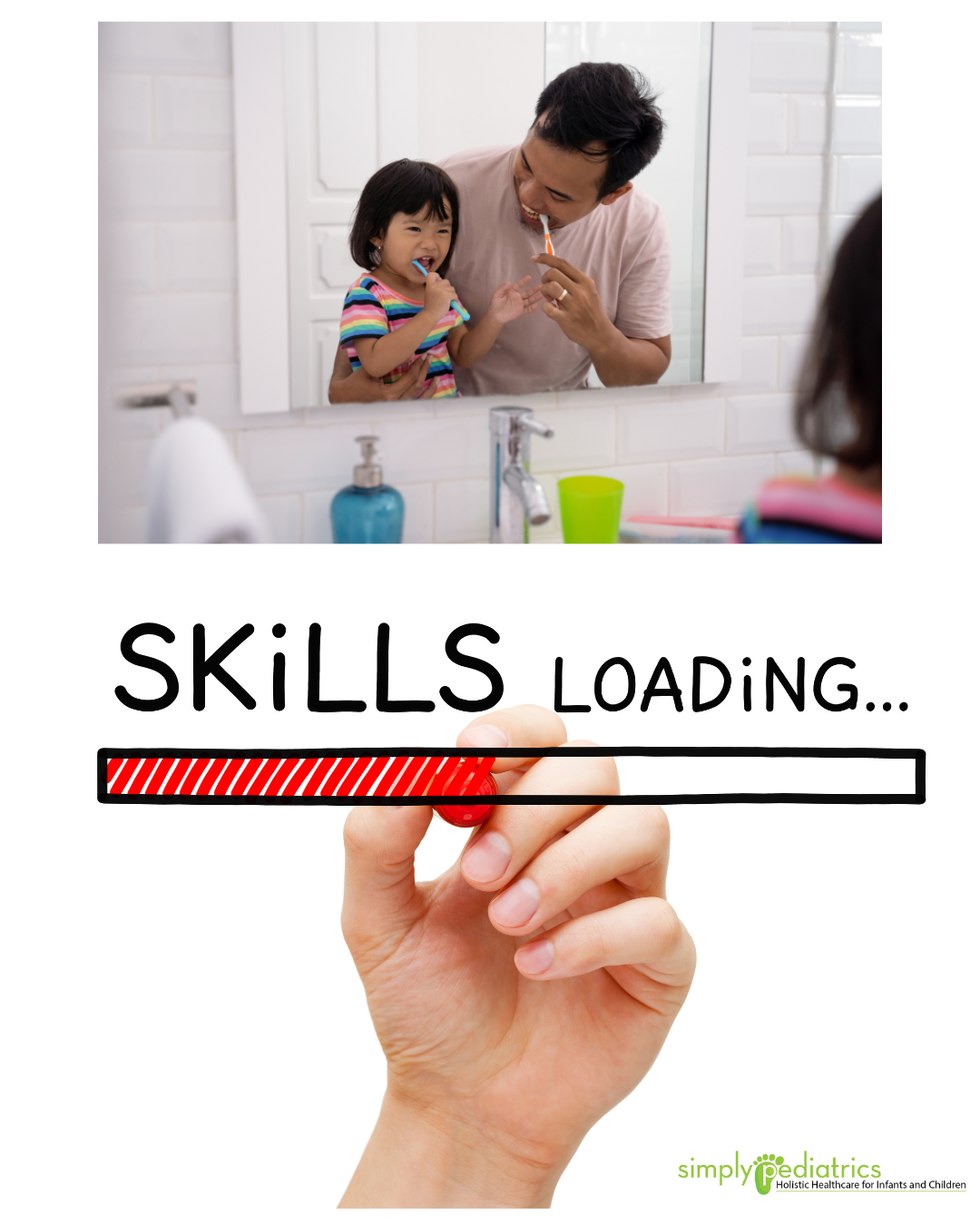
17 May The Importance of Teaching Children Life Skills at a Young Age
Life and character skills play a pivotal role in shaping the development of children. As parents, educators, and caregivers, we all want our children to develop into well-rounded, successful adults. Beyond academic knowledge, there are essential life and character skills that we need to teach children starting at a young age to help them grow into responsible, empathetic, and resilient individuals.
START AT BIRTH
Birth
Life skills are acquired gradually, starting from a very young age. As soon as children start interacting with their environment, they begin to develop fundamental life skills. According to Dr. Laura Markham, a clinical psychologist and founder of Aha! Parenting, “children are never too young to learn life skills.” From birth, a baby is developing the important life skill of trust. When a baby’s cry is met with a comforting parent ready to tend to their every need, a baby learns to trust the people in his world and that he is worthy of being cared for. This is a building block for the important characteristic of self-confidence. From birth to around 6-9 months old, there is no spoiling a baby. When a baby cries, their needs should be met.
6-12 Months Old
Around 6-9 months old, a child has the ability to roll, sit, pull up to stand, crawl, vocalize, suck their fingers and toes or pacifier, hold and study a toy. This is an appropriate time to allow a child to build on another important life skill: self-regulation. Allowing your 6-9 month old to self soothe (without ‘crying it out’ which can be harmful). A good place to practice this skill is at nap time and then at bedtime. Place your baby in their crib awake, rather than nurse/bottle feed or rocking them until they are asleep. You may be surprised that your child only lets out a few cries and then soothes themselves to sleep. The ability to soothe oneself, to self regulate, transcends all ages of childhood into adulthood as one of the most important life skills.
TODDLER YEARS
1-3 Years Old
As early as a few months old, children start watching their caretakers closely. A one to two year old child is actively role modeling their caregivers. Teaching children life skills at this age is all about role modeling – lead by example. Don’t attempt to tell your toddler to brush their teeth, for example. Instead brush your teeth every day, at the same times of the day in front of your child. Be kind to others, say please and thank you. Your child will, eventually, role model these behaviors.
Early Childhood 3-6 Years Old
By age three, children start to socialize, and make attempts to please others. The majority of skills acquired at this age come from socializing with other children their age, whether that’s with siblings, day care, mommy and me groups, or at the park. They are just beginning to explore the world around them. It is essential to focus on developing basic life skills that will lay the foundation for future learning. Some key life skills to teach children during early childhood include:
*tying their shoelaces,
*dressing themselves,
*cleaning up their toys,
*setting the table
*using the bathroom independently.
How to Teach Children Life Skills
Teaching life skills to young children requires a multifaceted approach that involves guidance, practice, and positive reinforcement. It is crucial to create a supportive environment that encourages children to explore and learn through hands-on experiences. Here are some effective strategies for teaching life skills to children:
* Challenge your child at every age. They are growing fast and what they couldn’t do today, they may be ready to do tomorrow.
* Lead by example: Children learn best by observing the behaviors and actions of adults around them. By demonstrating the desired skills in their own lives, parents, teachers, and caretakers can serve as role models for children.
* Provide opportunities for practice: To master any skill, children need ample opportunities to practice. Creating tasks or chores that allow them to apply the skills they are learning will reinforce their understanding and build their confidence.
* Use storytelling and play: Engaging children in storytelling and play activities can make the process of learning life skills more enjoyable and memorable. Through storytelling, children can learn valuable lessons and understand the importance of various skills in different situations.
* Encourage independence and problem-solving: Allowing children to make decisions and solve problems on their own fosters independence and critical thinking. By providing guidance and support, adults can empower children to become more self-reliant.
Inspiring the Leaders of Tomorrow
Teaching children life skills is not only a responsibility, but also an opportunity to shape a brighter future. By instilling these skills at a young age, we can empower children to become well-rounded individuals who are equipped to face the challenges of the world with confidence and integrity.

